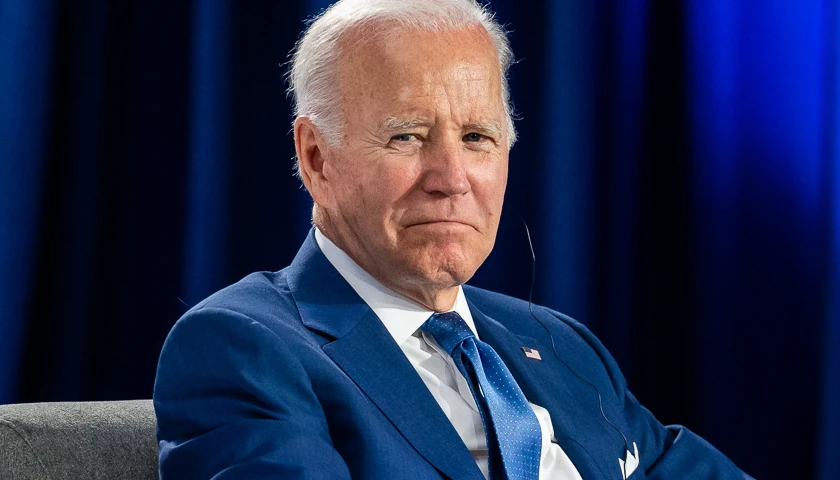Following Ohio’s shocking unemployment rate increase of 2,565 percent, one economist says the COVID-19 coronavirus’ economic impact will be “long lasting” and provides a list of recommendations.
Ohio’s unemployment claims totaled 187,784, the Cincinnati Enquirer said, up from 7,046 the previous week.
The state was hit harder than other states, The Ohio Star said.
Andrew J. Kidd, Ph.D., an economist with The Buckeye Institute’s Economic Research Center, commented on newly released employment data from the Ohio Department of Job and Family Services.
“In the few short weeks since the first cases of coronavirus were confirmed in Ohio, businesses representing more than a third of the state’s economy have been forced to close, unemployment claims have risen to a record high of 187,784, and Governor Mike DeWine has ordered government agencies to cut their budgets by as much as 20 percent to cover expected shortfalls in tax revenues. While the full economic impact of the pandemic remains unknown, it is clear it will be serious and it will be long lasting.
“February’s jobs report — which saw Ohio maintain its near-historic low unemployment rate of 4.1 percent and add 7,400 private sector jobs—now serves as a baseline to mark where Ohio’s economy stood before the onset of this crisis and where we hope to return following the social and economic upheaval caused by the coronavirus.
“While Ohio’s health care sector is expected to grow during this crisis and some shifts in delivery service sectors will bolster employment, many sectors — including manufacturing; leisure and hospitality; and trade, transportation, and utilities — which make-up nearly half of Ohio’s workforce, have already been hit hard by the current crisis.”
Kidd recommends lawmakers adopt The Buckeye Institute’s COVID-19 policy recommendations announced recently. Those include coordinating with the federal government to use the federal stimulus to cover funding for the state’s unemployment insurance trust fund, and fix Ohio’s insolvent trust fund to avoid facing this problem in the future. Also, the institute wants policymakers to lift and ease occupational licensing restrictions to ensure people can continue to work.
“The path forward is difficult but with these commonsense measures, policymakers can position Ohio’s workers and businesses to survive and recover from this crisis,” Kidd said.
– – –
Jason M. Reynolds has more than 20 years’ experience as a journalist at outlets of all sizes.





